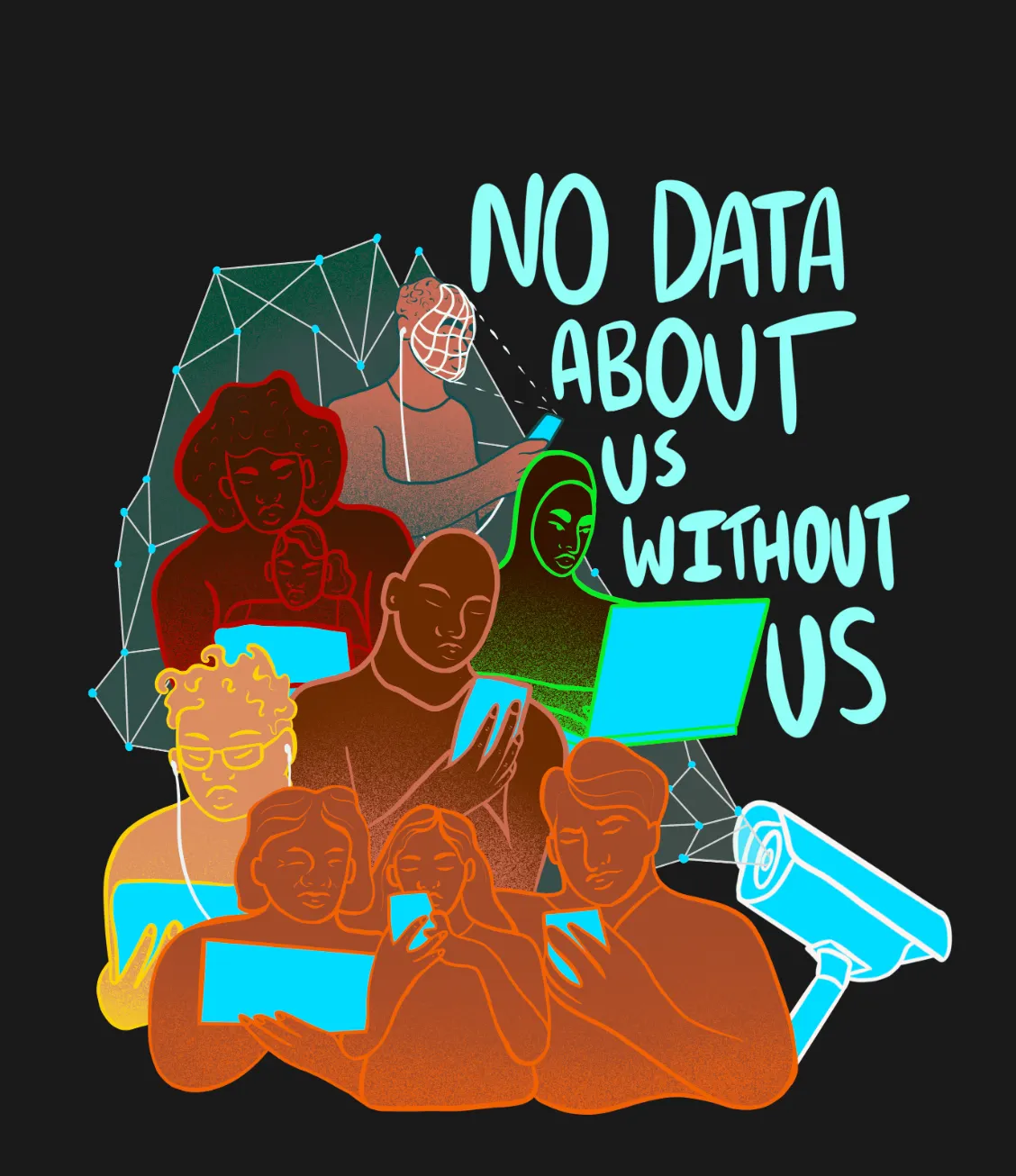Café Croissant Event #2: Digital Surveillance
We were joined by visionaries and tech-experts Elizabeth Adams and Bruce Schneier to dive into issues relating to digital surveillance.

Photo by Edgelands Institute
How is Digital Surveillance Changing the Social Fabric in our Cities?
On May 28th, 2021 the Edgelands Institute hosted its second Café Croissant event moderated by Co-Founder Yves Daccord. Daccord was joined by visionaries and tech-experts Elizabeth Adams, Founding Member of the Public Oversight of Surveillance Technology & Military Equipment in Minneapolis (POSTME) coalition and Fellow at Stanford’s Digital Civil Society Lab, and Bruce Schneier, public interest security technologist and Fellow at Harvard’s Berkman Klein Center for Internet and Society, to dive into issues relating to digital surveillance.
Elizabeth Adams began the conversation with her work at POSTME and how we can hold law enforcement and government agencies more accountable for their use of surveillance technology. Regarding the use of technology in law enforcement, Adams explained that “POSTME does not come from a place of techno-phobia, rather our coalition is about embracing technology proactively…. Communities [should] have shared decision making in the use of these tools.” The social impacts of surveillance and other policing technologies need to be more valued in the development phase, and, further, communities need to be involved in conversations about new technology that will affect their daily lives.
For community members, however, it can be costly to be an activist in this space. Community activists choose to devote their daily lives to the equitable and safe development of technologies (what should be a basic human right), instead of spending time with family and friends and without the promise of a stable income. To rectify what Adams calls this ‘trauma tax,’ she suggests paying community members for their expertise in society just as companies and agencies would pay experts in technology. Adams remarked that “surveillance is causing us to lose trust in our ability to roam through life safely,” and, as such, community voices cannot be lost.
Bruce Schneier similarly shared concern for the level of surveillance employed by government and law enforcement agencies without public knowledge or input. Specifically, Schneier pointed to ubiquitous surveillance- the surveillance of everyone both passively and actively. One of the most prominent consequences of ubiquitous surveillance is its chilling effect on the first amendment. Schneier explains that “we know from lots of surveys that people under the threat of ubiquitous surveillance self-censor.” Surveillance, in this manner, can be understood as both a threat to the ability of people to freely go about their daily lives and, importantly, as an inhibitor to social change. “It is vital that people have the privacy to do things in secret,” Schneier remarks, “if noone can smoke pot in private, pot never becomes legal because there’s never an underground movement that gets bigger, more common, and then accepted.” In order to progress socially, an activity or idea must first be disapproved, then slowly approved, and then, finally legal. Surveillance nips this process in the bud by inhibiting people from engaging in a disapproved activity. In Schneier’s words, “ubiquitous surveillance actually has the ability to stop social progress in its tracks.”
One audience member, Mateus Guzzo, asked the panel about how to incorporate regulations not only in the adaptation of these technologies, but in the ideation phase. Schneier responded by advocating for having more public interest technologists on development staffs, and Adams pointed to the importance of starting dialogue and creating learning opportunities for the community and legislators. The output of these actions should be more purposeful, and less biased AI.
Importantly, Adams asks : “How can we use technology to bring us together?” The answers include forming partnerships with command and fusion centers, advocating for equity at all stages of technology development, and, most importantly, ensuring that action is based on listening to community members. Ultimately, this question will only become more significant as surveillance technology continues to infiltrate communities and affect our way of life.
The Café Croissant series was created to make space for public dialogue and collaboration about the arts, digital transformation, surveillance, and changing social contracts. Held once a month, the Café Croissants are informal, discussion-based meetings where experts and practitioners of different backgrounds and disciplines discuss their own methodologies for making an impact in physical and digital spaces. These leaders then share the stage with participants to answer questions and foster dialogues.



